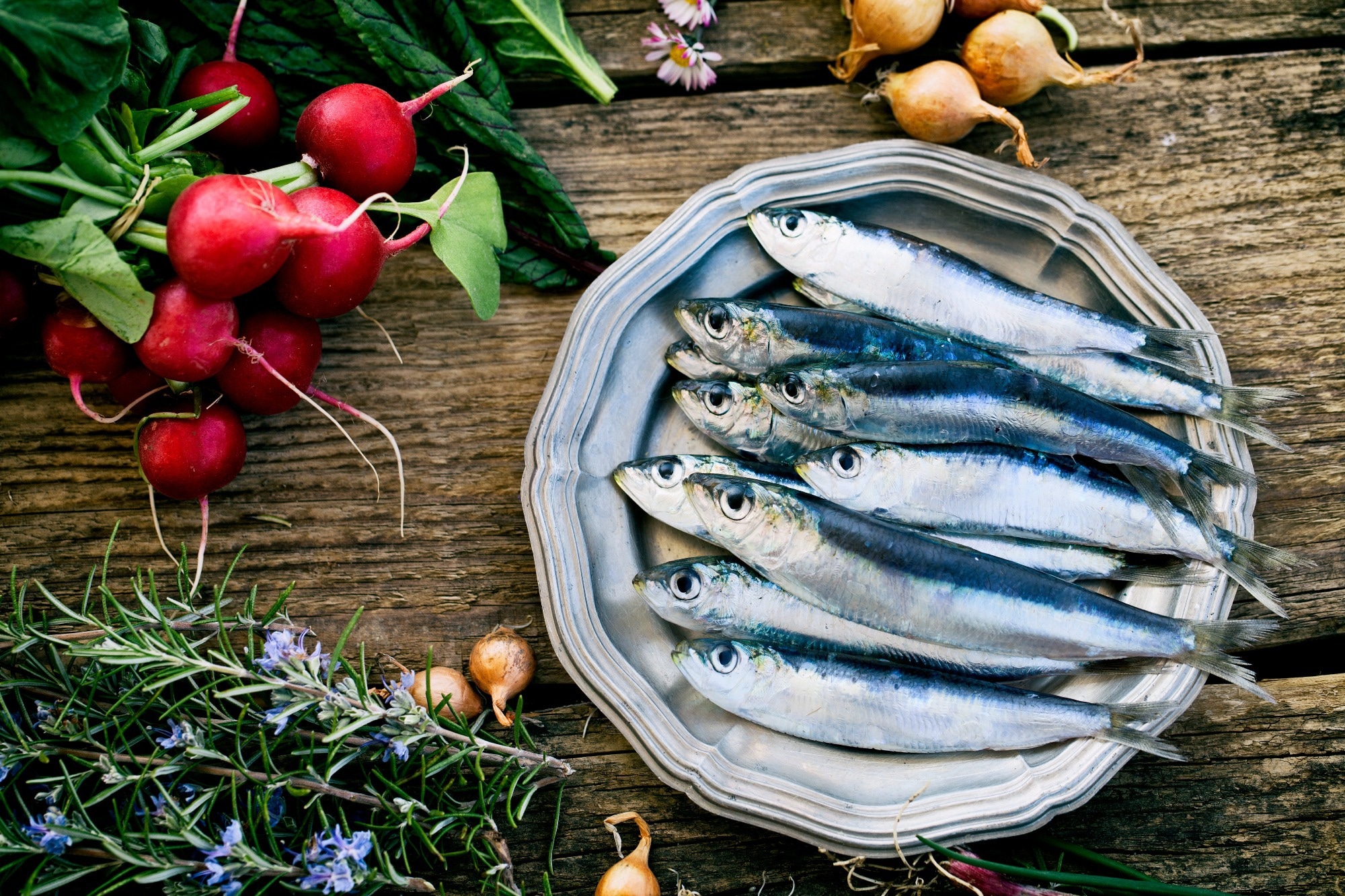I'll have to do some more research to see if this could replace my iron pills for blood donation needs and magnesium needs from this research and maybe potassium.
A Study of 6,000 People Found That a 41% Increase of One Mineral May Help Prevent Dementia
---------------------------------------------------------------------------------------
And the benefits and problems of potassium here: YOUR DOCTOR'S RESPONSIBILITY TO KNOW AND GIVE YOU PROTOCOLS ON THIS!
You need to know this, so ask your doctor for details. You wouldn't want to overeat bananas or sardines. After this followup research will need to be done on humans. So once again delaying useful research.
Why eat three bananas a day? April 2012
And this line from here: Heart failure and potassium
On the other hand, too much potassium can cause your heart to stop.
How much potassium is too much?
---------------------------------------------------------------------------------------
Does your doctor do anything with dietary research? Like maybe read and implement suggested interventions? Or do you not have a functioning stroke doctor?
The latest here:
Eating sardines vs. fish oil supplements: study evaluates the nutritional benefit beyond fatty acids
In a recent study published in the Frontiers in Nutrition Journal, researchers compared the impact of consuming sardines versus fish oil supplements.
 Study: Eating
more sardines instead of fish oil supplementation: Beyond omega-3
polyunsaturated fatty acids, a matrix of nutrients with cardiovascular
benefits. Image Credit: mythja/Shutterstock.com
Study: Eating
more sardines instead of fish oil supplementation: Beyond omega-3
polyunsaturated fatty acids, a matrix of nutrients with cardiovascular
benefits. Image Credit: mythja/Shutterstock.com
Background
Omega-3 polyunsaturated fatty acids (n-3 PUFA) are important in preventing and managing cardiometabolic diseases linked to mild chronic inflammation, such as type 2 diabetes, hypertriglyceridemia, fatty liver disease, and hypertension.
The effectiveness of n-3 PUFA supplements in reducing the risk of cardiovascular events is still a topic of research. Sardines are a cost-effective source of n-3 PUFA and may decrease the necessity for n-3 PUFA supplementation.
Micronutrients in sardines
Sardines are a rich source of calcium, containing higher amounts than other fish. Approximately 100 g of sardines provide 38% of the recommended calcium dietary allowance (RDA).
Sardines are a good source of n-3 PUFA and have positively affected blood pressure and lipid profile. Sardines contain potassium, zinc, and magnesium, which have been observed to lower blood pressure. They also contain niacin and zinc, which may help improve lipid and lipoprotein levels.
Sardines are a good source of iron, with higher levels than other commonly eaten fish. Sardines contain iron in levels similar to meat, a globally consumed source of iron.
Sardine consumption can also help individuals meet the RDA for iron, which is eight mg/d across all age groups. This is especially beneficial for individuals who do not consume meat.
Functional amino acids in sardines
Sardines contain amino acids such as arginine and taurine, which are important for cardiometabolism. These amino acids are structural biomolecules and modulators of vascular function and antioxidant systems.
Arginine is an essential amino acid that maintains stable blood pressure and overall vascular health. It serves as a substrate in synthesizing endothelium-derived nitric oxide, which helps reduce systemic blood pressure. Despite the limited clinical evidence on the link between arginine consumption and cardiovascular outcomes, sardine intake can facilitate overall arginine consumption.
Taurine, an amino sulfonic acid, plays various biochemical roles. Its antioxidant activity has been found to positively affect the cardiovascular system, resulting in clinical benefits such as normalization of blood pressure and improving lipid and glycaemic indices.
The taurine content in sardines, 147 mg per 100 g, is comparable to that of tuna, beef, pork, and dark-meat chicken. Interventions involving a sardine-rich diet have revealed higher taurine intake than control groups.
A comparison between sardines and n-3 PUFA supplements
Patient compliance can be a challenge when it comes to consuming n-3 PUFA, despite sardines and other oily fish being valuable sources of n-3 PUFA.
However, fish oil supplementation may not be the universal solution for all such cases. Studies have shown that fish oil supplementation with n-3 PUFA may not always effectively reduce the likelihood of cardiovascular events or be useful for preventing cardiovascular events and mortality, including coronary heart disease, stroke, and arrhythmia.
Fish oil supplements are expected to contain a more purified form of 3-PUFA and be free of toxic contaminants. However, some oxidation of n-3 PUFA is expected in fish due to exposure to high temperatures during cooking and preparation.
Fried and baked oily fish can increase the levels of bioactive oxidized n-3 PUFA products, specifically F-4t-neuroprostheses generated from DHA. Oily fish that has been cooked produces cholesterol oxidation products, including cholestanetriol and 7-ketocholesterol.
Importantly, cholestanetriol is the most cytotoxic cholesterol oxidation product. Cooked oily fish has higher n-6 PUFA than raw fish, increasing n-6/n-3 PUFA ratios.
The impact of the gastrointestinal system on n-3 PUFA oxidation is a significant concern for sardines and fish oil-based supplements, which can limit their bioavailability.
Studies have found beneficial effects of consuming n-3 PUFA from fish despite the observed oxidation. Hence, fish consumption's positive impact on the general population cannot be overlooked.
Conclusion
The study findings showed that sardines have significant potential as a functional food and may aid in managing cardiometabolic diseases having a pro-inflammatory background.
Furthermore, sardines are rich in n-3 PUFA and other beneficial components, such as calcium, magnesium, iron, taurine, and arginine, known for their cardioprotective effects.
Clinical caution is necessary when making nutrient recommendations, as the therapeutic dosages may differ from the nutrient amounts found in food due to the complex physiological interactions between micronutrients, fatty acids, and amino acids.
Randomized clinical trials are necessary to extend the evidence on sardine consumption's benefits and decipher whether eating sardines could be more beneficial than taking supplements.
-
Santos, H.O., May, T. and Bueno, A., 2023. Eating More Sardines Instead of Fish Oil Supplementation: Beyond Omega-3 Polyunsaturated Fatty Acids, a Matrix of Nutrients with Cardiovascular Benefits. Frontiers in Nutrition. doi: 10.3389/fnut.2023.1107475 https://www.frontiersin.org/articles/10.3389/fnut.2023.1107475/full
Posted in: Medical Science News | Medical Research News | Medical Condition News


No comments:
Post a Comment